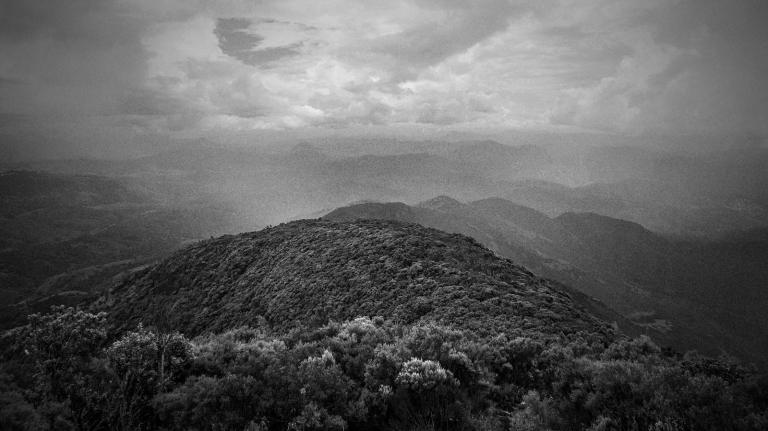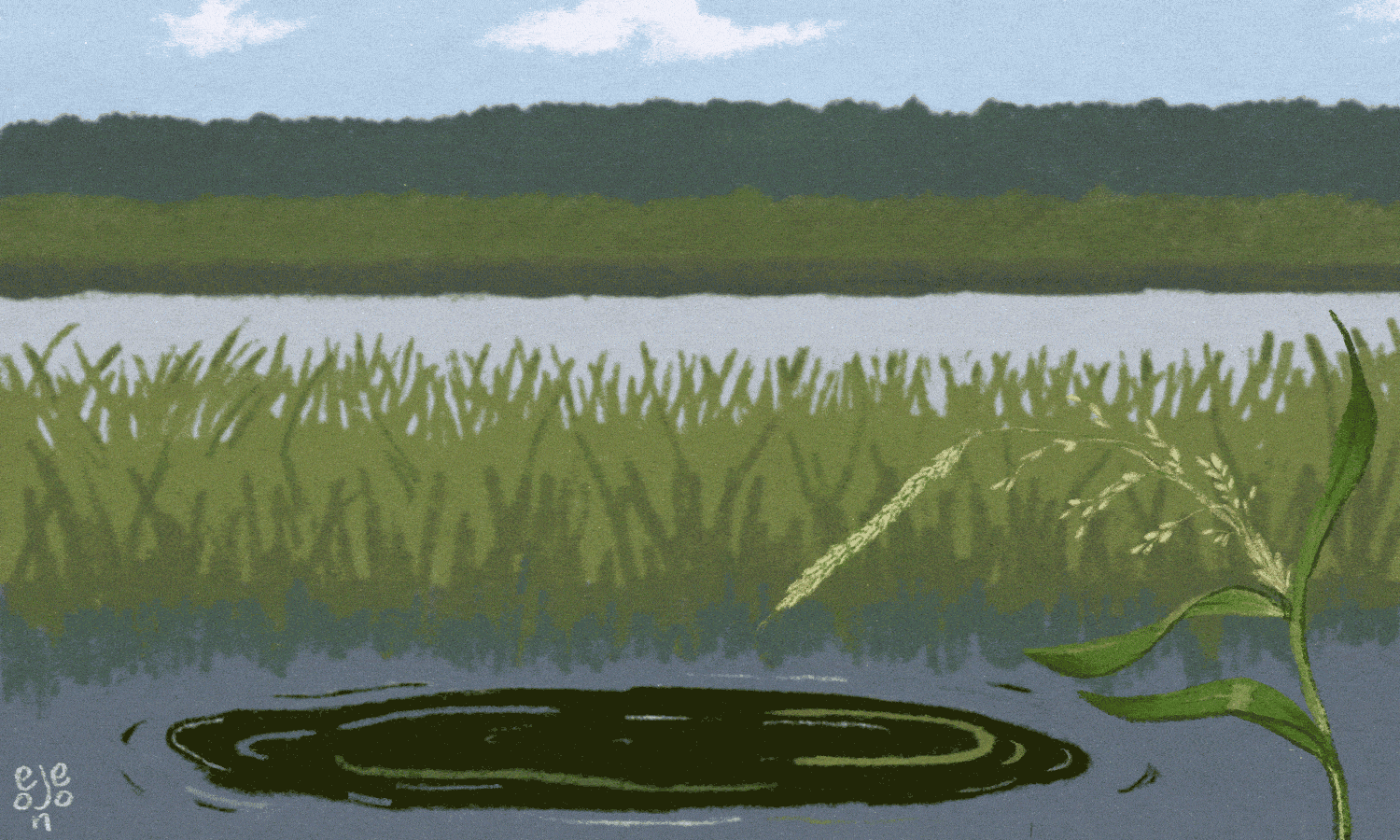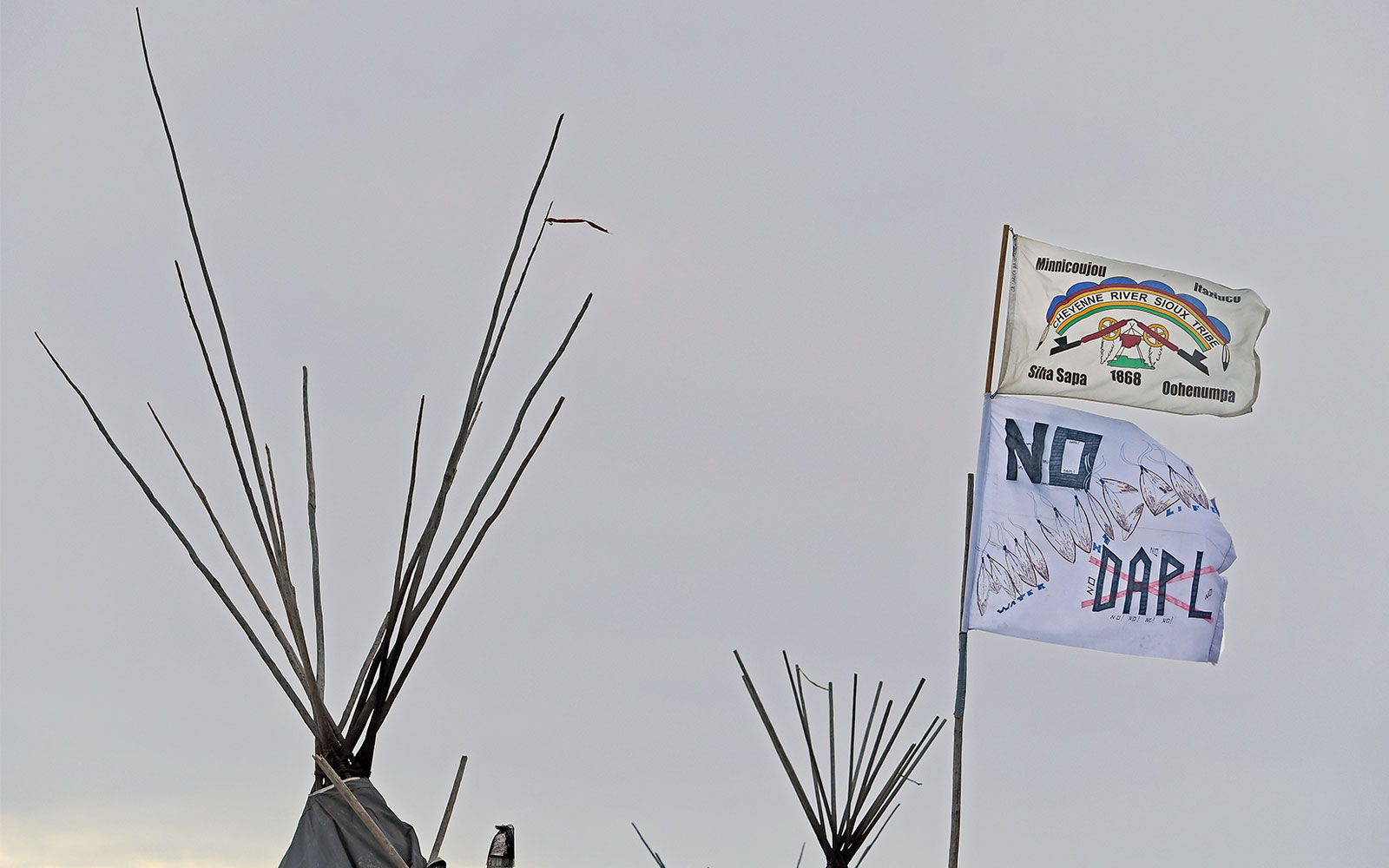This story was reported in collaboration with NAJA and NPR’s Next Generation Radio: Indigenous.
Rights of Nature – an innovative legal movement that protects water, animals and ecosystems by giving them legal rights – might stop a pipeline.
In 2018, Frank Bibeau, an attorney for the White Earth Nation, helped the tribe write a law that recognized the rights of wild rice, which they call Manoomin, or “good berry”, to “exist, flourish, regenerate, and evolve.” The law relies on a section of an 1837 treaty between the Ojibwe and the U.S. government.
In Minnesota, wild rice, and the waters it depends on, are in danger from climate change and the expansion of Line 3, a controversial pipeline operated by a Canadian energy company and fiercely opposed by Indigenous people and environmental activists. The pipeline’s proposed corridor would run directly through wild rice beds and could threaten the environmental health of the whole area. In 2021, he used the Rights of Manoomin law to sue the State of Minnesota over the construction of the pipeline.
“I couldn’t figure out how to get authority over them to compel them to do anything we might want to do. And right in my brain, you know, it just clicked,” Bibeau said. “Wild rice is mentioned specifically in the 1837 Treaty. It talks about how we retain the rights to hunt fish and gather wild rice on the lakes and rivers and lands that we’re ceding. Well, that’s huge.”
In a setback for the case in March, the White Earth Ojibwe Appellate Court dismissed the tribe’s own lawsuit. The ruling said that the court does not have jurisdiction over non-tribal member activities on off-reservation land. The case is still awaiting a decision from a Federal appeals court over that exact question.
Since Bibeau first developed Rights of Manoomin, other tribes have used it as a model. In 2019, the Yurok Tribe in Northern California adopted a resolution recognizing the rights of the Klamath River. In Seattle, the Sauk-Suiattle Indian Tribe is suing the city over its hydroelectric dams on behalf of salmon. Bibeau believes that these two cases will be the next step in the growing Indigenous Rights of Nature movement and have the potential to lead to widespread use by tribes across the country.





